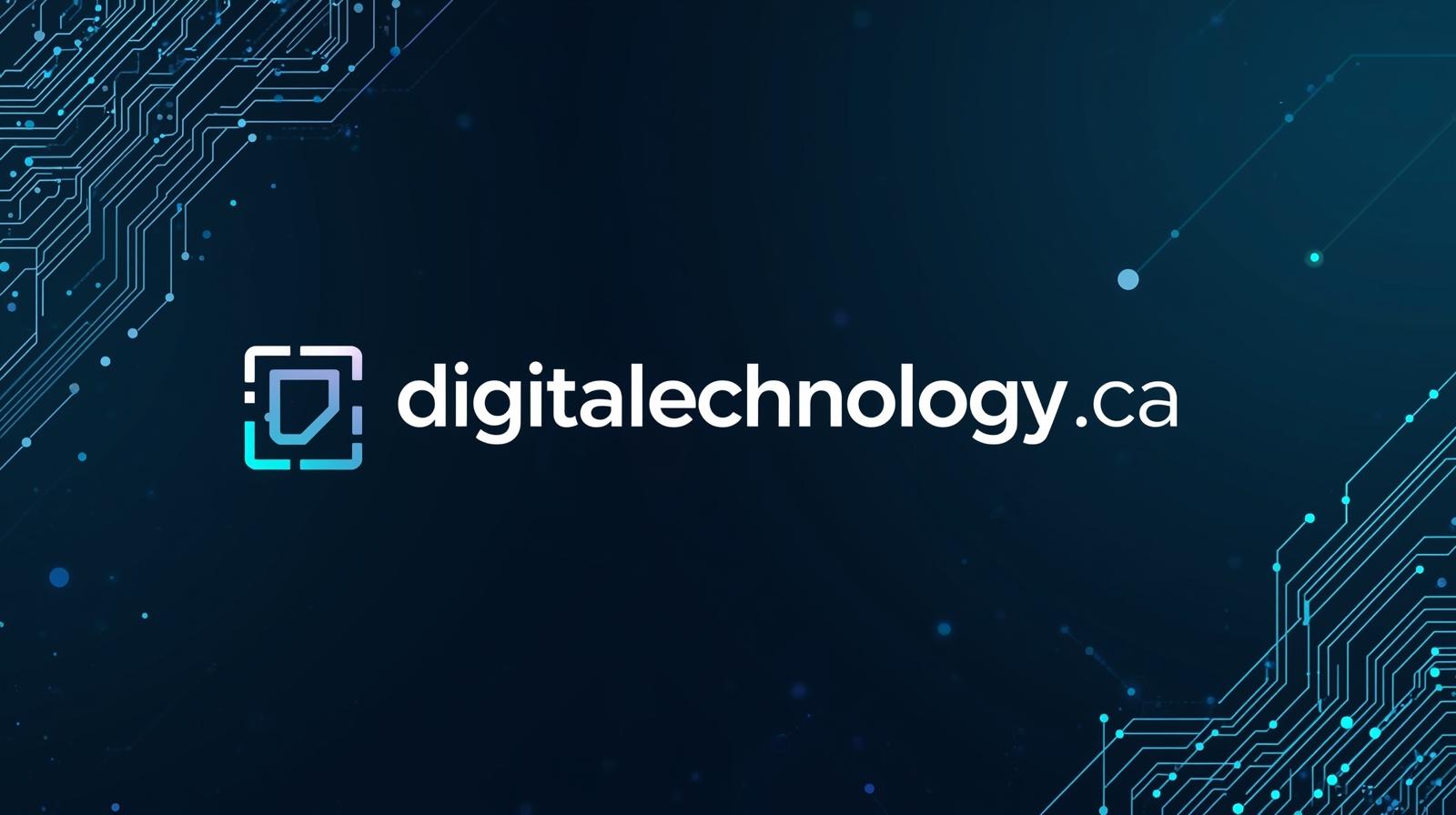In the ever-evolving digital landscape, the fusion of law and technology is creating a paradigm shift in how legal services are delivered. From AI-powered research tools to blockchain contracts, technology is reshaping the legal ecosystem for lawyers, law firms, and clients alike.
This growing intersection is not just about adopting new tools—it’s about redefining how justice is accessed, delivered, and understood.
The Rise of Legal Technology (LegalTech)
LegalTech refers to the use of technology to improve or replace traditional methods in the legal sector. From simple document automation to complex case prediction tools, the legal industry is increasingly leveraging technology for greater efficiency and accuracy.
Some of the most impactful legal technologies include:
- AI-based legal research platforms like LexisNexis and ROSS Intelligence
- Contract automation tools that generate legally binding documents in minutes
- e-Discovery tools for efficient case data analysis
- Client portals and chatbots that offer round-the-clock support
These tools are revolutionizing how law firms operate, cutting down administrative tasks and letting legal professionals focus more on strategy and client service.
Benefits of Tech Integration in Legal Practices
Integrating technology into law offers a range of benefits:
1. Efficiency & Productivity
Legal software automates repetitive tasks such as billing, scheduling, and document review. This not only saves time but also reduces human error, allowing lawyers to handle more cases efficiently.
2. Access to Justice
Digital tools such as online dispute resolution (ODR) and legal aid chatbots are making legal advice more accessible to those who previously couldn’t afford it. This helps in bridging the justice gap and democratizing legal support.
3. Cost Reduction
Tech-powered solutions lower operational costs. For example, automated document drafting significantly reduces the hours spent on paperwork, which translates to lower client fees and better affordability.
Emerging Technologies Disrupting Law
Artificial Intelligence (AI)
AI is transforming legal research and case analysis. By processing massive datasets, AI helps lawyers find precedents faster, predict case outcomes, and identify key arguments more effectively.
Blockchain
Smart contracts built on blockchain technology can execute agreements automatically when conditions are met, reducing the need for intermediaries. This is particularly useful in real estate, finance, and international trade law.
Cloud Computing
With cloud-based legal management systems, firms can access case files securely from anywhere. This also ensures better data backup, collaboration, and remote client service.
Challenges at the Intersection of Law & Technology
While the benefits are undeniable, this digital transformation comes with its own set of challenges:
- Data privacy and cybersecurity concerns
- Regulatory uncertainties around new tech like AI and blockchain
- Resistance to change from traditional law practices
- Need for upskilling legal professionals to stay current
To tackle these, legal education must evolve. Institutions need to include digital law and legal technology training to prepare future lawyers for a tech-driven world.
Future of Law in a Digital World
The future of legal services is hybrid—where human intelligence and digital tools work in tandem. The lawyer of tomorrow is expected to be part legal expert, part tech-savvy strategist.
Law firms embracing digital transformation are not only future-proofing their business but also providing better client experiences. This includes faster turnarounds, 24/7 support, and greater transparency.
Conclusion: Embrace the Digital Shift in Law
The convergence of law and tech is more than a trend—it’s a revolution. From AI-assisted decision-making to online courts and digital contracts, technology is streamlining and modernizing the legal industry.
Whether you’re a legal professional, business owner, or an individual seeking justice, understanding these advancements is crucial. Staying ahead means adopting tools that not only make legal work easier but also enhance access to justice for all.





